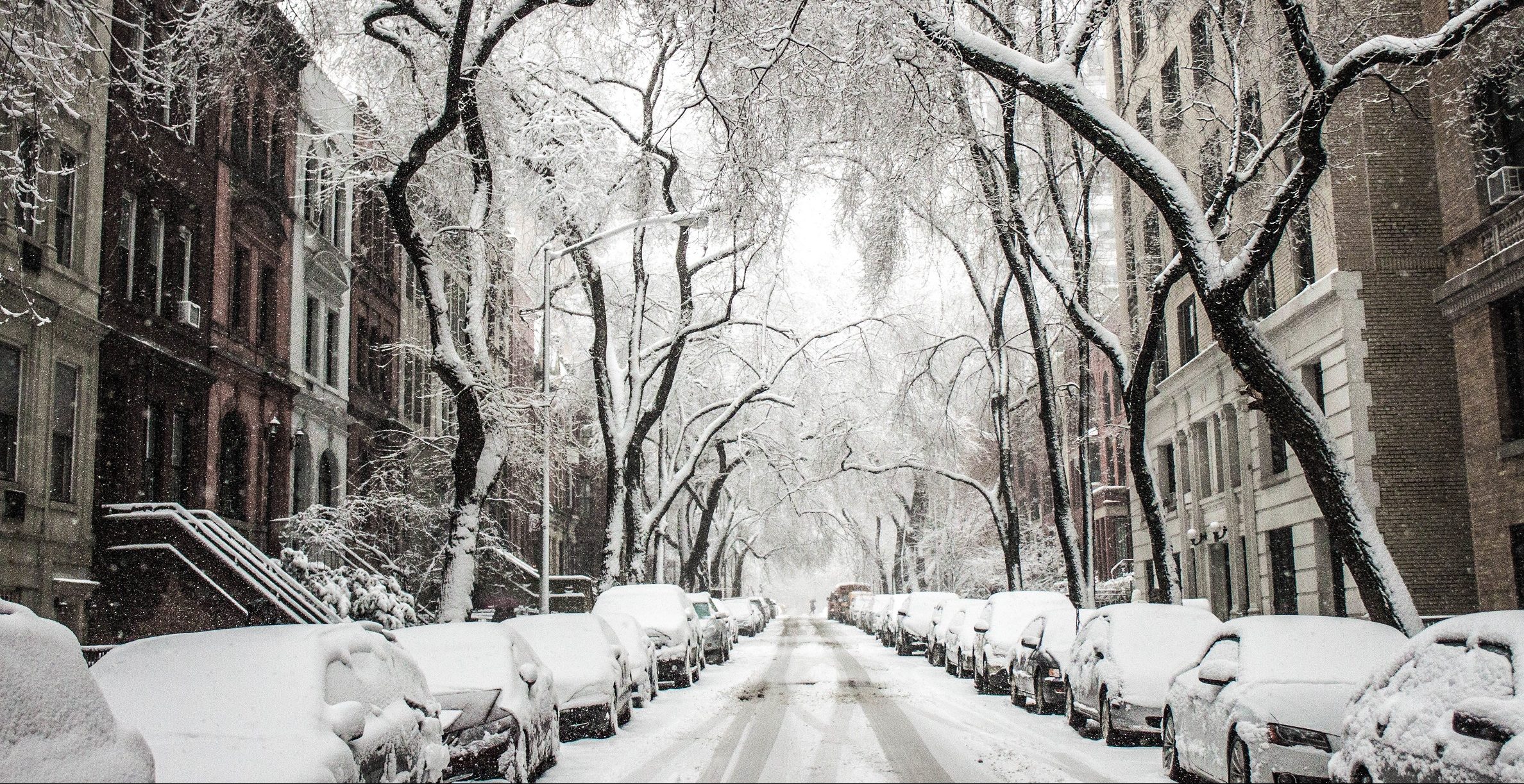10 Important Things to Consider When Buying a Home in Cold Weather Cities Like PDX
The Essential Guide for Owning a Home in Portland and Other Wintry Cities
For those trading shorts and sandals for winter boots and wool coats, take note: buying a home in a cold-weather city mandates much preparation. People from Southern California and Arizona are flocking to rainy- and cold-weather areas like Portland, and it’s easy to see why – cheaper cost of living, creative career opportunities, and food culture abound.
But for those moving to cold-weather cities with no previous experience, it’s important to realize that these areas experience seasons, and each season requires certain preparative measures be taken, some of which can be expensive. In cold-weather cities like Portland and Seattle, you may find yourself de-icing your car for the first time, or wondering why water isn’t running in your home on a sub-zero day. And we get it; it’s a stark contrast to the warm-weather city where you may have just relocated from!
The best way to tackle moving and buying a home in a cold weather city is always to prepare.
1. You’ll See Higher Numbers on Your Heat / Energy Bills
If you’re moving from a warm climate, a $200 plus gas bill may seem foreign to you, but in cold weather cities like Portland, it’s nearly a winter-time standard. Prepare for this added expense when you buy a home, as you will want to factor the cost of winter utilities into knowing how much how you can afford.
2. Plan to Invest Additional Time Into Your New Home
Speaking of additional costs, homes located in cold-weather cities like Portland require routine upkeep that may seem unfamiliar to you. Each winter, take preventive measure to make sure your home stays safe by getting the roof de-mossed, and emptying out the gutters of leaves and other. Buy and store Styrofoam insulators for your outdoor spigots, and make sure you have a snow shovel stored in the garage or basement, where access is easy.
3. Don’t Underestimate the Need for Roof Maintenance
Check the quality of your roof shingles. Are any of them loose or missing? Repairs done now will prevent expensive repairs throughout the rest of the year, especially when it starts to snow, or to rain heavily over several days in a row.
4. Consider the Value of Natural Light
When you’re searching for a home in a cold-weather city, prioritize finding a home that allows ample access to natural light. Moving to a city like Portland that has grey skies and a high percentage of cloud cover, can be an unwelcome change for those coming from sunny Arizona or Southern California.
Elena Greenburg, a transplant from San Diego, shared that “I didn’t realize how much the overcast weather would impact my energy levels. Moving into a home with a lot of natural light greatly improved my day to day life.” There are special lamps and light bulbs available for purchase online that can also greatly impact day-to-day moods in gray, dreary, or overcast weather.
5. Pipes Are Impacted by Cold Weather
If you’ve lived in a warm climate, chances are you have never encountered pipes freezing. In cold-weather cities like Portland, pipes can freeze over, especially in old homes, when the temperature drops in the winter. To help prevent frozen pipes, keep the heat in your home at a base temperature of at least 52 degrees. Again, be sure to allocate some of your monthly home bills budget towards this added utility cost when determining how much house you can really afford.
6. Prepare for Inclement Weather Conditions
Ice is another winter surprise for warm-weather transplants. It’s important to know that windows can be a source for air leaks and ice accumulation. When the cold weather thaws, be sure to assess whether you need to re-apply insulation or replace any windows to get your home ready for cold-weather chill. If you’re due to replace your automobile, it may be wise to invest in an all-wheel or four-wheel drive car or truck, and purchasing chains and storing them in a safe place makes good sense.
7. Stock Up on Provisions
On a similar note, prepare your home for winter weather by keeping a supply of water, food, and other essentials on hand. Just in case of ice and inclement weather, it never hurts to stock your home with ample provisions. This is especially true in a city like Portland, where snow can close roads down for days, and ice can make driving and walking to the grocery or convenience store quite dangerous.
8. The Inspection Process Is Critical to Long-term Savings
As you go through the process of buying a house in a cold-weather city, take advantage of the home inspection process to ensure your potential new home has proper weather stripping, door sweeps, and proper wall and attic insulation. If there’s a fireplace, make sure it’s fully functional and the chimney isn’t in dire need of repairs. You may be able to get the current homeowners to get the home primed for a cold weather season.
9. Take Advantage of Your Resources
Cold-weather cities recognize the burden of winter on homeowners. When buying a home in cold-weather areas, look for ways to cut long-term costs, such as conducting a home energy audit to learn where you can save money on your heating and cooling bills. In Oregon and parts of Washington, homeowners have free access to Energy Saver Kits that can help lower your home energy costs.
10. Ask for Help
Feeling overwhelmed? Moving to a cold-weather city from a warmer area can be daunting. Buying a home is an intricate process, and being a homeowner doesn’t end when you sign papers. To succeed in your first cold weather season in your new home, ask for help! Your neighbors will be some of the best resources for succeeding in your new home environment, and Options Financial is always here to help!





